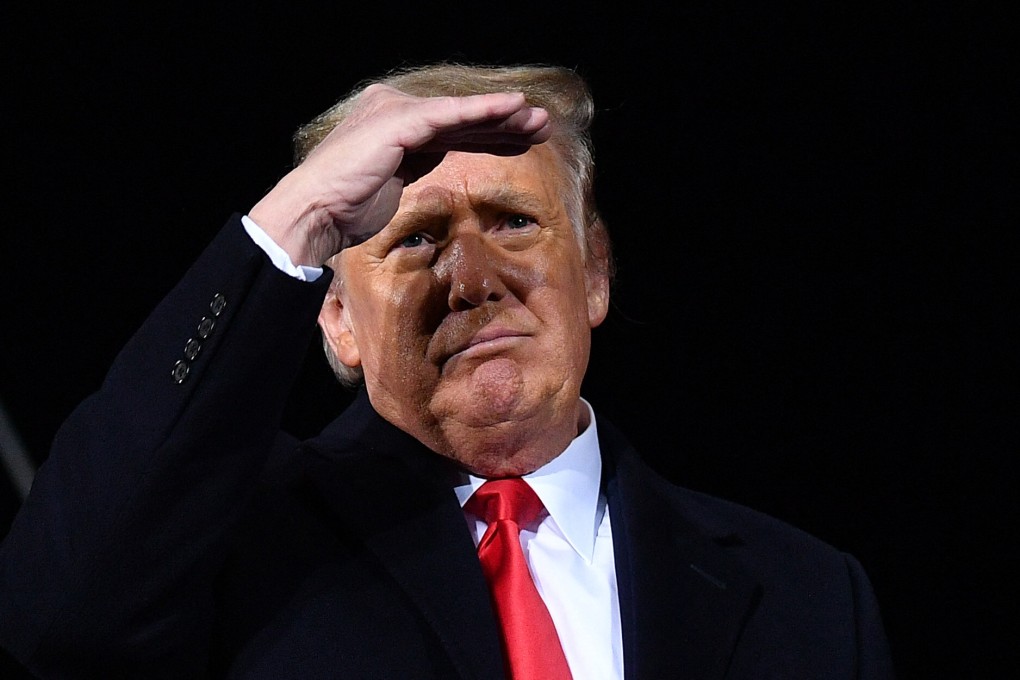Trump ban on Chinese stocks sinks demand for index options in Hong Kong
- The Biden administration has not unwound its predecessor’s executive order against China Mobile, China Unicom, CNOOC and SMIC
- Asset managers and banks are cutting H-share index option trades, which were notionally valued at US$1.4 trillion last year

The impact of a Trump administration executive order banning securities it said were linked to China’s military has lingered in Hong Kong.
Investors and banks dealing in options contracts referencing the Hang Seng China Enterprises Index (HSCEI) have been cutting exposure, which has depressed trading volume by 60 per cent since February.
“Traditionally, the HSCEI is the main index for many investors and fund managers to gain pure option exposure to China. With the several Chinese stocks that are index constituents entering into the US banned list, suddenly the index options market becomes off-limits to a subset of market participants,” said Govert Heijboer, co-chief investment officer of True Partner Capital, a hedge-fund manager focused on volatility as a trading strategy.
Options contracts that reference the so-called H-share index have been a popular product for bourse operator Hong Kong Exchanges and Clearing (HKEX). The contracts offer hedge-fund managers leveraged exposure to trade market volatility, and are also useful for asset managers hedging against risks in their China portfolios. Last year, the notional value of H-share index options traded totalled HK$11.1 trillion (US$1.4 trillion).
